For decades, the Philippines has depended on imported materials to make its own paper money. Now the promising result of a research conducted by the Department of Science and Technology-Forest Products Research and Development Institute (DOST-FPRDI) shows that the Philippines can already produce its own paper money.
“We are planning to team up with the Bangko Sentral ng Pilipinas (BSP) to make our own currency base paper (CBP) using 100% locally available fibers,” said DOST-FPRDI Director Romulo T. Aggangan.
Dr. Aggangan is referring to local fibers, namely abaca (Musa textilis Nee), salago (Wikstroemia spp.) and mangium (Acacia mangium) which can be combined together to come up with a durable material for CBP.
Aside from this project, the DOST-FPRDI is also bent on helping local craftsmen find new sources of raw materials.
“The DOST-FPRDI is leading a project aimed at determining the volume and location of significant forest vines in the Bicol region, as well as studying the factors affecting their natural growth and regeneration,” he informed.
One of the most biodiverse countries in the world, the Philippines is home to a wide array of the world’s plants and animal species, and “the DOST-FPRDI is doing its best to sustainably tap these natural resources for a multitude of purposes,” Dr. Aggangan said.
Studies on the said currency base paper and new sources of materials for craftsmen will be the showcase of DOST-FPRDI at the 2019 National Science and Technology Week (NSTW). The event will be held on 17-21 July 2019 at the World Trade Center in Pasay City.
Other studies on spotlight include the propagation of forest vines in Bicol for handicraft and furniture production and bullet-resistant vest developed using the widely available and renewable bamboo. The Institute will also feature its newest program on Bamboo Musical Instruments Innovation Research and Development.
Bannering the theme “Science for the People: Enabling Technologies for Sustainable Development”, the NSTW highlights latest innovations in technologies, products and research to help achieve the 17 Sustainable Development Goals.
“We invite science enthusiasts, businessmen, technology investors, and furniture and handicraft makers to visit our booth and see how FPRDI-developed technologies can make the way they do things a lot simpler,” Aggangan ended.
Interactive exhibits, scientific meetings, technology demonstrations, and fora await visitors. The NSTW admission is free and is open to the public on July 17, 1-5PM and July 18-21 8AM-5PM. (Apple Jean C. Martin- de Leon, DOST-FPRDI)

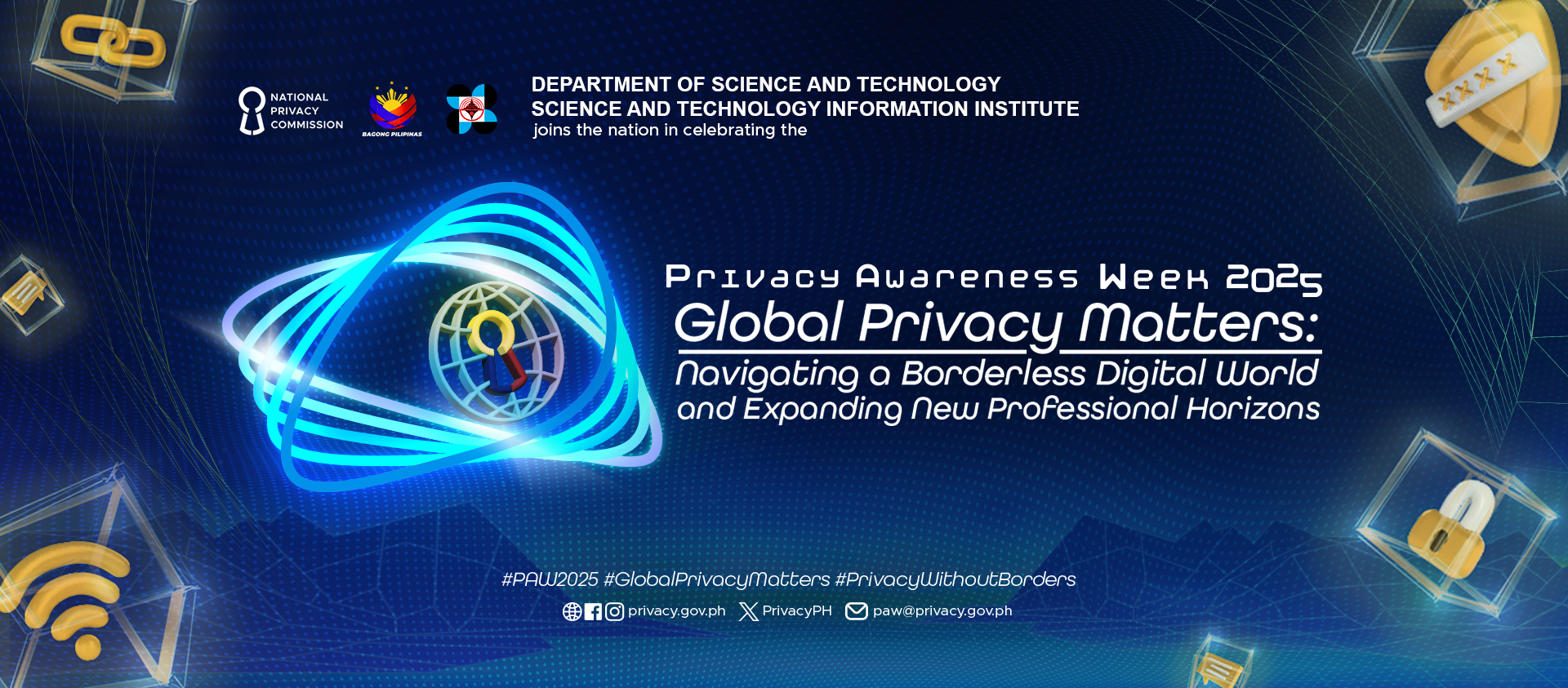
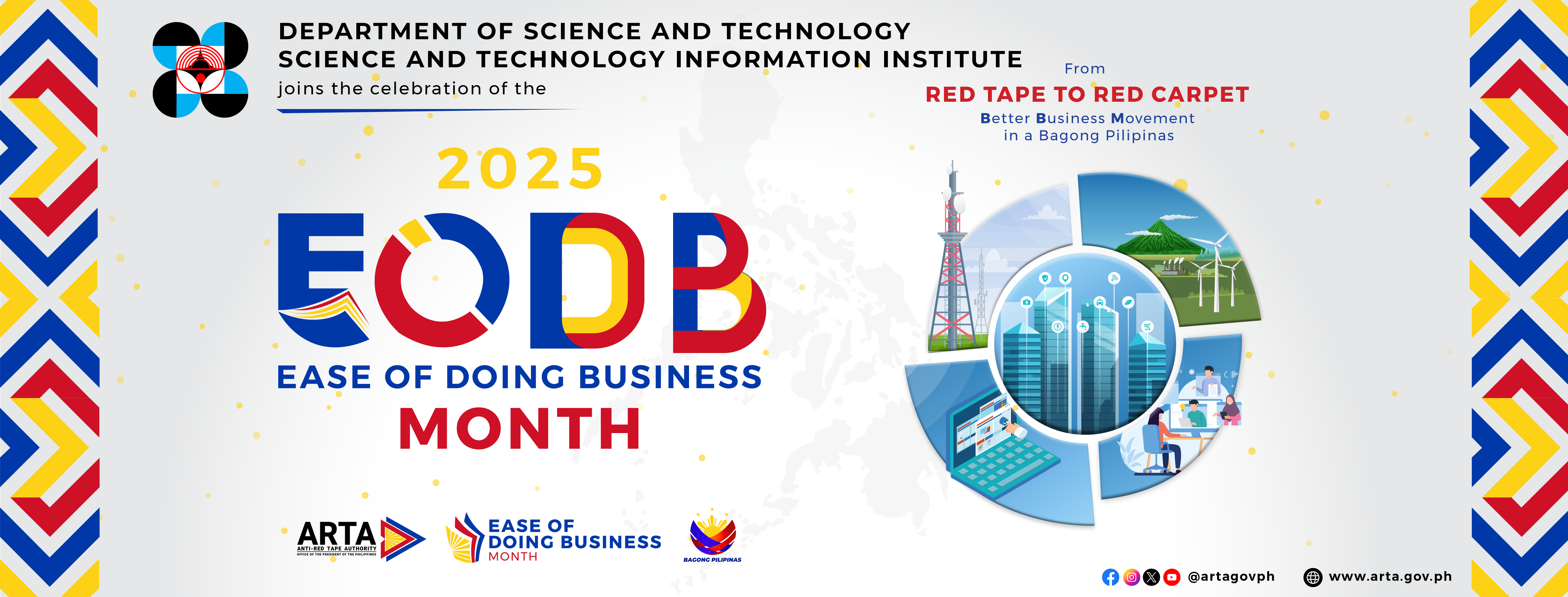
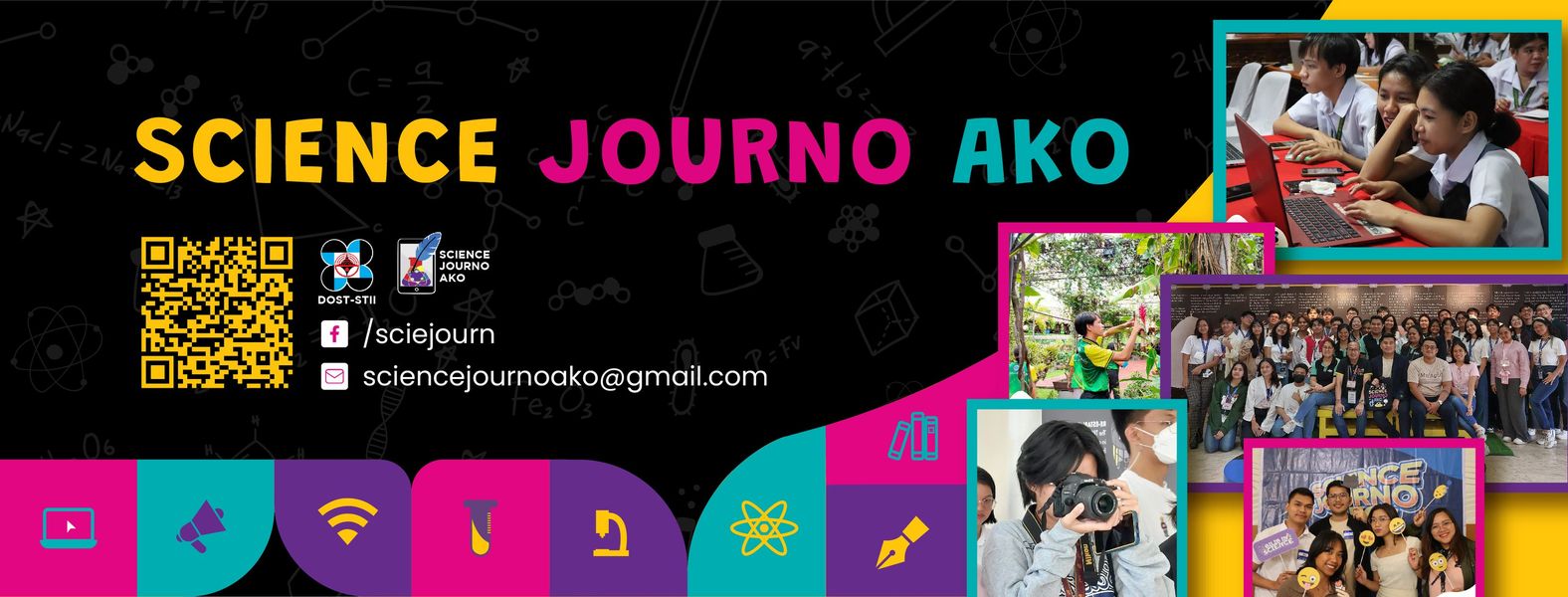
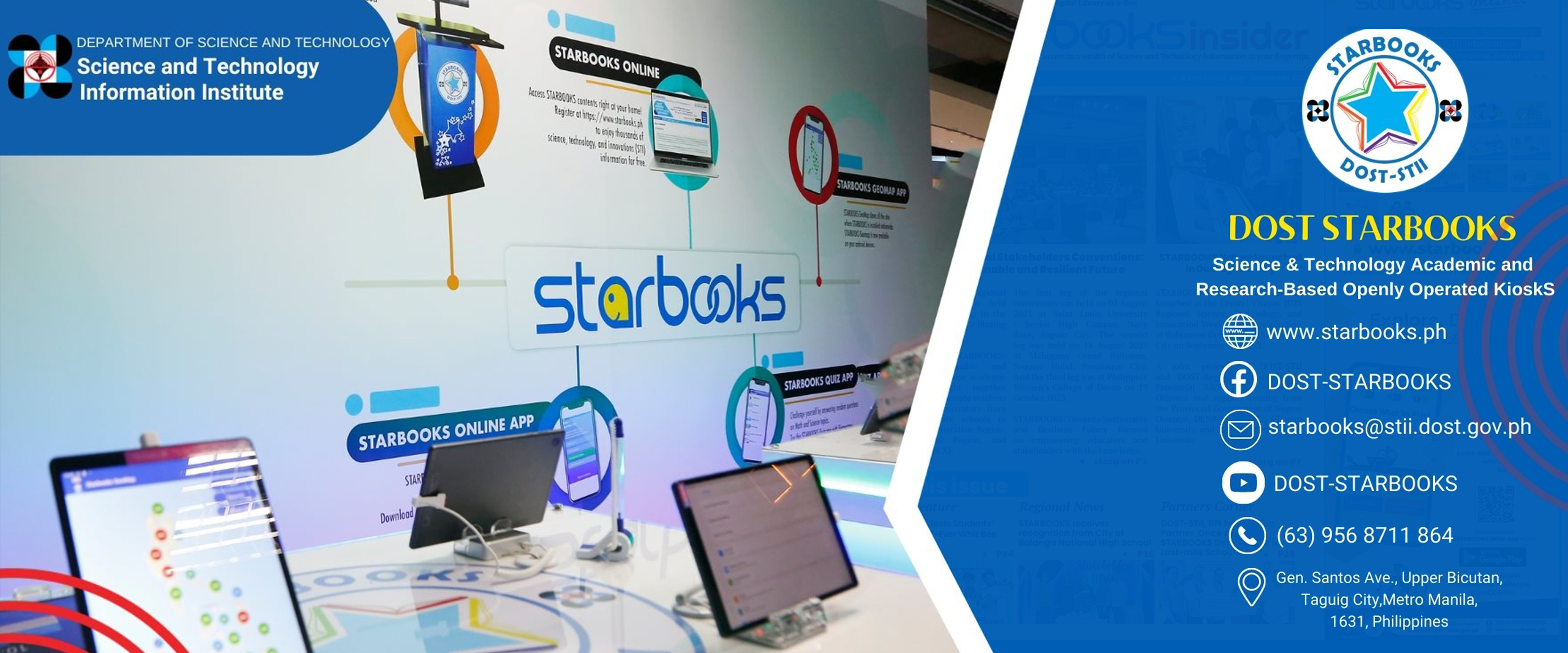
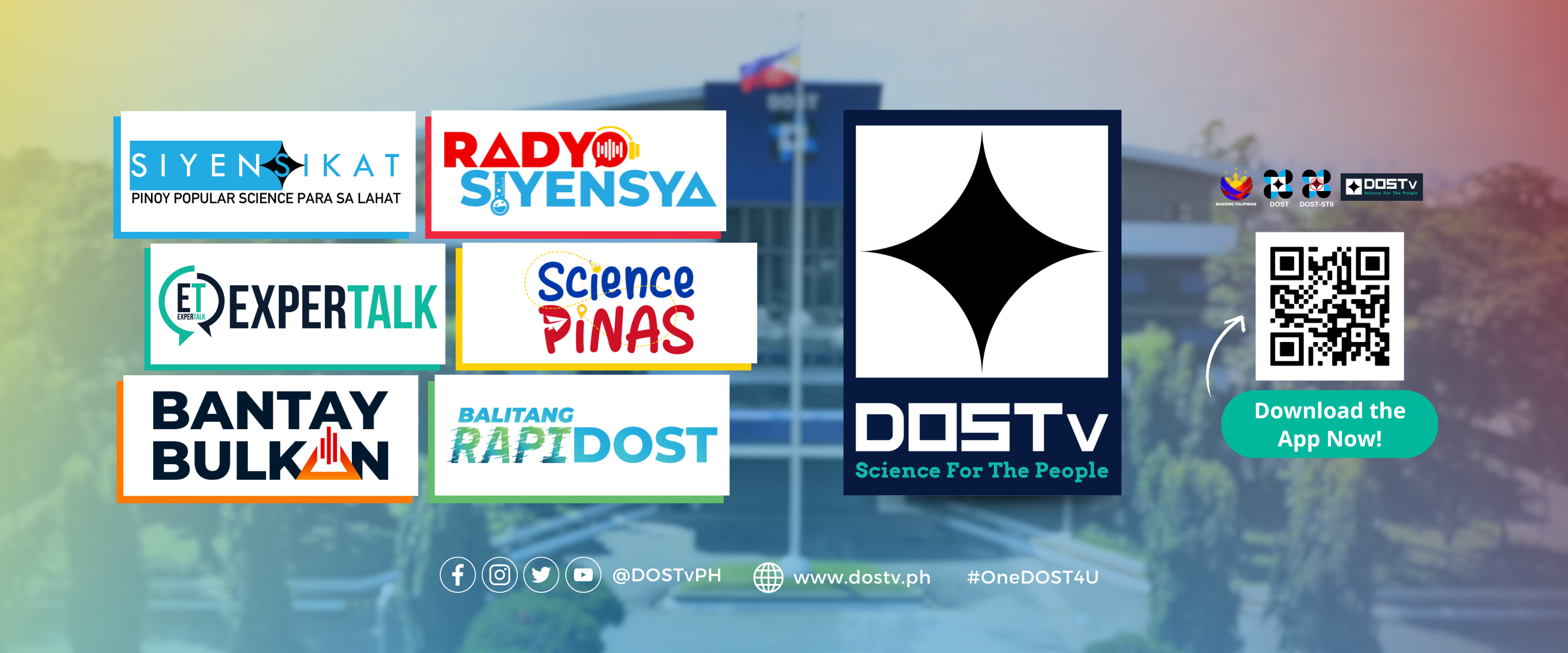

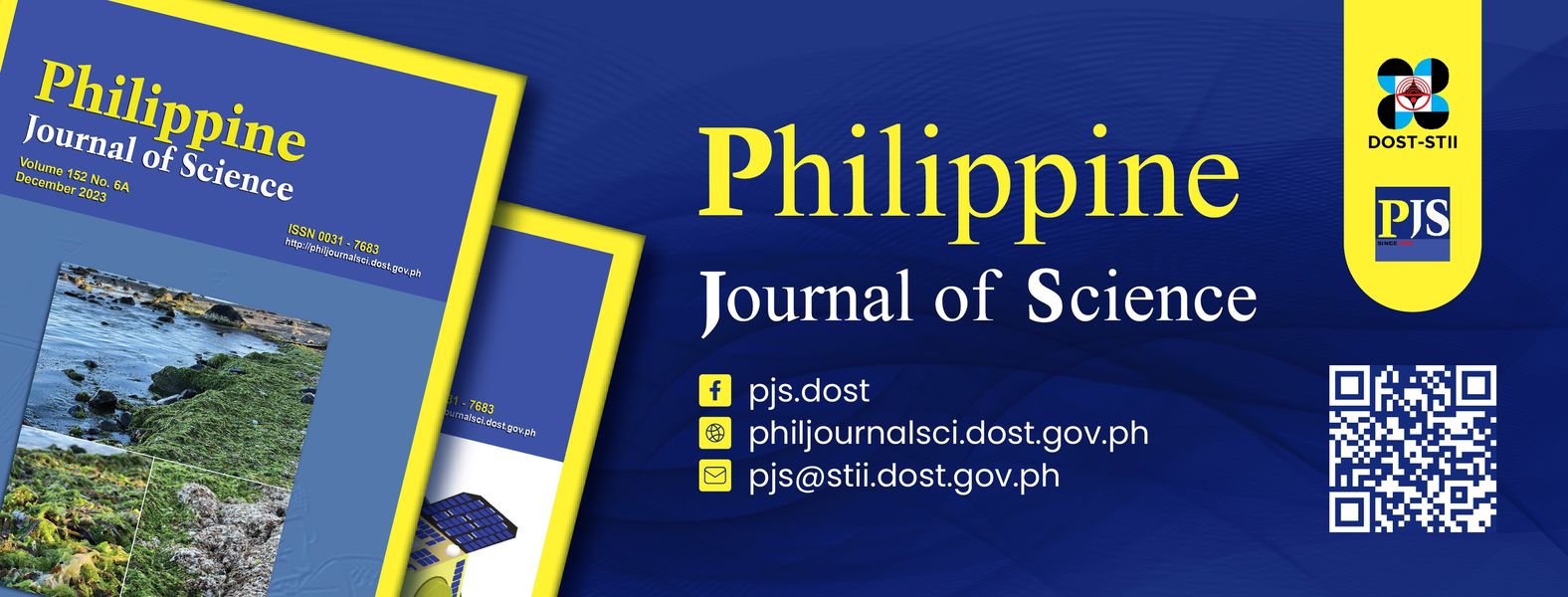




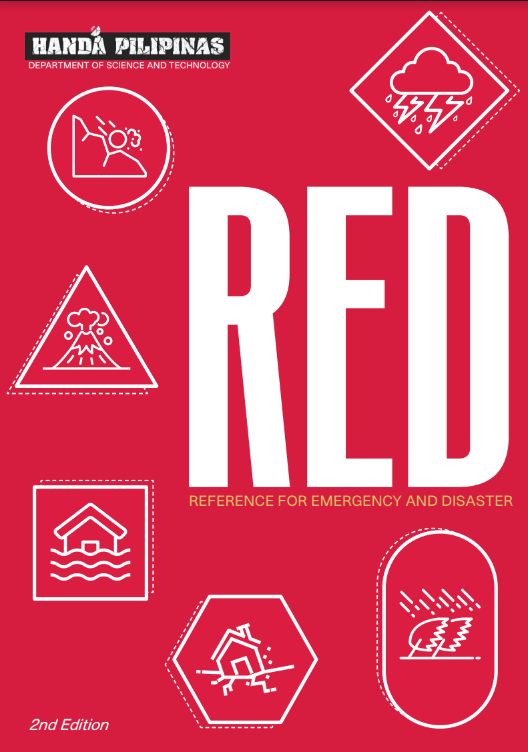





 21 in 2021 Technology Catalogue
21 in 2021 Technology Catalogue 21 in 2021 Technology Catalogue
21 in 2021 Technology Catalogue DOST Innovations - Web and Mobile Applications for Disaster Risk Reduction and Management
DOST Innovations - Web and Mobile Applications for Disaster Risk Reduction and Management